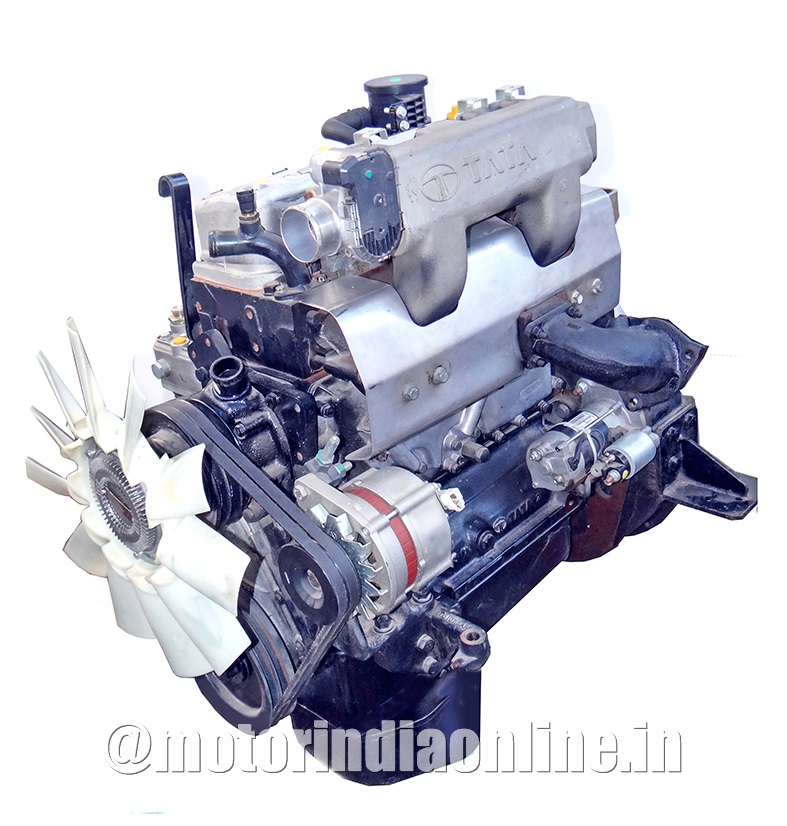In the run-up to its BS-VI preparations, Tata Motors has announced that it has received the BS-VI Type Approval certificate for its 3.8L NA SGI CNG engine from the Automotive Research Association of India (ARAI). This is the first OEM in India to achieve BS-VI certification for a naturally aspirated CNG engine for commercial vehicles. The certification includes meeting the tailpipe mass emissions as well as compliance to the On-Board Diagnostics (OBD) norms as mandated by the government regulation. With this, Tata Motors continues to stay on its path of offering environment-friendly products in India.
Speaking on the occasion, Mr. Rajendra Petkar, Chief Technology Officer (CTO), Tata Motors, said: “This BS-VI engine certification milestone has been achieved with intense design and development focus, by leveraging in-house capabilities and those of our technology partners. We have worked hard to build a leadership position in the market by providing our customers with economical, best-in-class natural gas vehicle products in the commercial vehicle market, and this development of BS-VI solution will further reinforce our market offering.”
The 3.8 NA SGI CNG engine is a naturally aspirated one, i.e., it does not need a turbocharger. It produces a maximum power of 85 Ps @ 2500 RPM with a torque of 285 Nm @ 2500 RPM.
This combustion occurs at stoichiometric conditions in this engine that comes with sequential gas injection technology, pioneered by Tata Motors in India. Exhaust after-treatment system featuring three-way catalytic converter reduces pollutants below the limits mandated by regulation.
The 3.8 NA SGI CNG engine will power 4T to 9T GVW buses and trucks such as 407, 709 and 909 (existing BS4 versions) which are already very popular models in the market, with the best-in-class fuel efficiency. Truck applications include water tankers too.
The BS-VI norms will come into force in India from April 1, 2020. The upgradation from BS-IV to BS-VI is a complex engineering challenge that demands not only pushing the technological advancements to the limits, but also calls for a turnaround of the infrastructure and facilities required for this development, which is highly capital intensive in nature with long lead execution periods. As part of its continued pursuit in its turnaround journey, a state-of-the-art “Emission Test Facility” has been installed at the Power Systems Engineering Division (PSE) in ERC, Pune. This facility serves as one of the crucial milestones for BS-VI implementation.
Tata Motors has been consistently working towards upgrading its engines and vehicles to meet the required BS-VI emission norms and is committed to bring environment-friendly products to the market.
